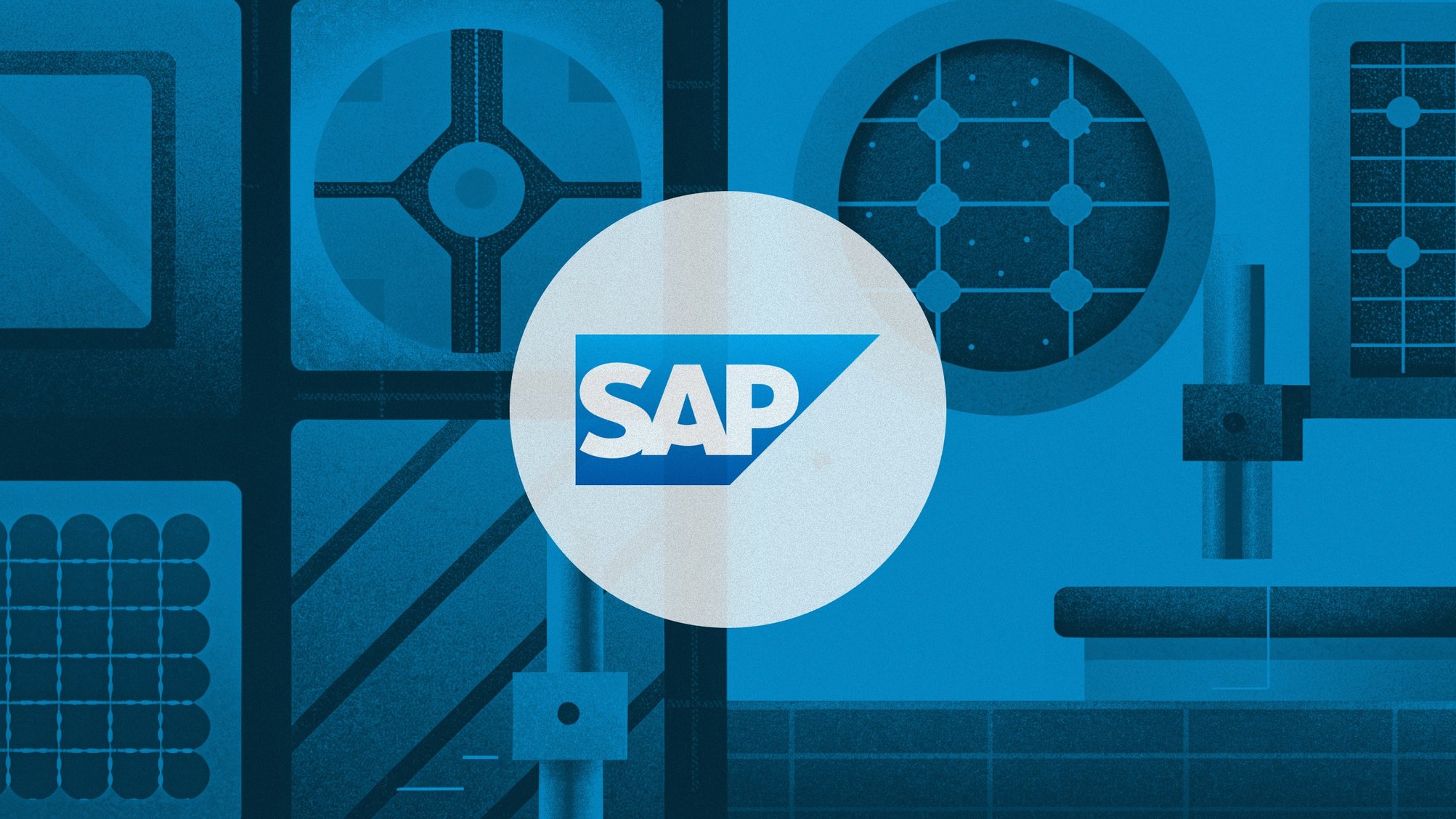
SAP: A Software Market Underdog

SAP, a German multinational software corporation, is one of the world's leading enterprise software providers, specializing in business applications that help organizations manage operations and customer relations. Founded in 1972, SAP has grown into a dominant force in the enterprise resource planning (ERP) market, serving large corporations, mid-sized businesses, and government institutions worldwide. The company's flagship product, SAP S/4HANA, is a cloud-based ERP system that integrates artificial intelligence, machine learning, and analytics to streamline business processes. SAP also provides a range of solutions in supply chain management, human resources, finance, and customer experience.
Strong FCF Dynamics and Margin
One of SAP's key strengths is its high free cash flow (FCF) margin, which highlights its strong profitability and operational efficiency. The company generates significant revenue from its subscription-based cloud services and enterprise software licensing. Its transition to the cloud, although initially affecting margins, has positioned SAP for long-term recurring revenue growth. With its extensive customer base, which includes 99 of the 100 largest companies in the world, SAP enjoys a robust and stable revenue stream.
ERP, AI, and More
SAP holds a monopolistic position in the European software market, giving it a strategic advantage over competitors. While American tech giants such as Oracle, Microsoft, and Salesforce challenge SAP globally, the company remains the dominant provider of enterprise software solutions in Europe. Its deep integration within European industries, combined with regulatory and compliance expertise, creates high switching costs for customers. This entrenched position enhances SAP’s pricing power and strengthens its competitive moat.
Beyond its ERP dominance, SAP is expanding its influence in artificial intelligence, business intelligence, and sustainability-focused solutions. The company has invested heavily in AI-driven automation, predictive analytics, and industry-specific cloud solutions to meet the evolving needs of digital enterprises. Additionally, SAP promotes sustainability by integrating ESG (environmental, social, and governance) factors into its software, helping businesses track and reduce their carbon footprint. These initiatives align with global trends toward digital transformation and corporate responsibility.
Substantial Upside
Despite SAP's relatively high valuation compared to some of its GRANOLAS peers, the company’s strong fundamentals, technological edge, and market dominance suggest potential upside. As businesses increasingly adopt digital and cloud-based solutions, SAP is well-positioned to capitalize on this demand. Its ability to sustain high margins, expand its cloud business, and maintain its leadership in enterprise software makes it a compelling long-term investment, particularly for those looking beyond short-term valuation concerns.

Dr. Viktor Kalm is a Senior Investment Analyst at Alpha Spread. He has over seven years of experience in corporate finance, specializing in financial modeling, business valuation, and strategic planning services. Previously, as a hedge fund manager, he focused on private equity management, consistently delivering positive returns to his clients.

Dr. Viktor Kalm is a Senior Investment Analyst at Alpha Spread. He has over seven years of experience in corporate finance, specializing in financial modeling, business valuation, and strategic planning services. Previously, as a hedge fund manager, he focused on private equity management, consistently delivering positive returns to his clients.
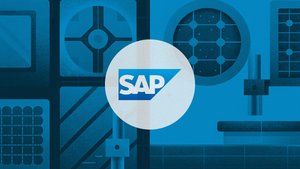
 SAP
SAP
 MC
MC
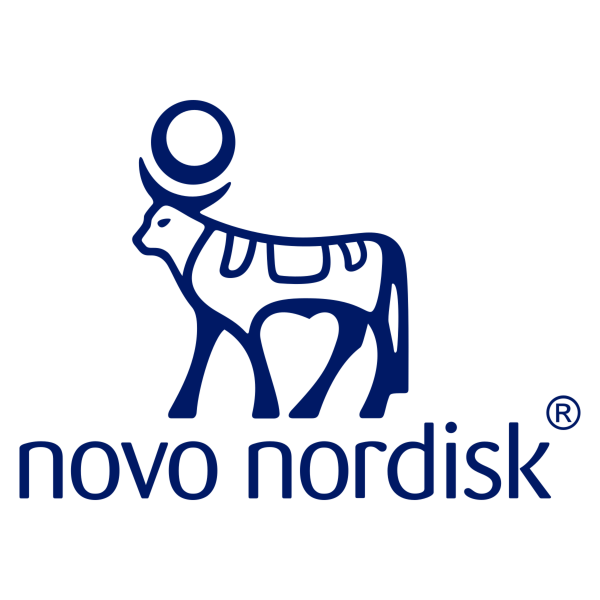 NOVO B
NOVO B
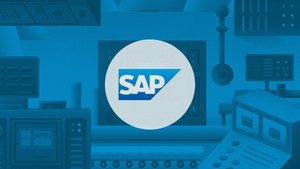
 SAP
SAP
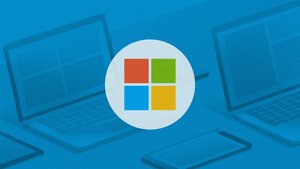



































 You don't have any saved screeners yet
You don't have any saved screeners yet